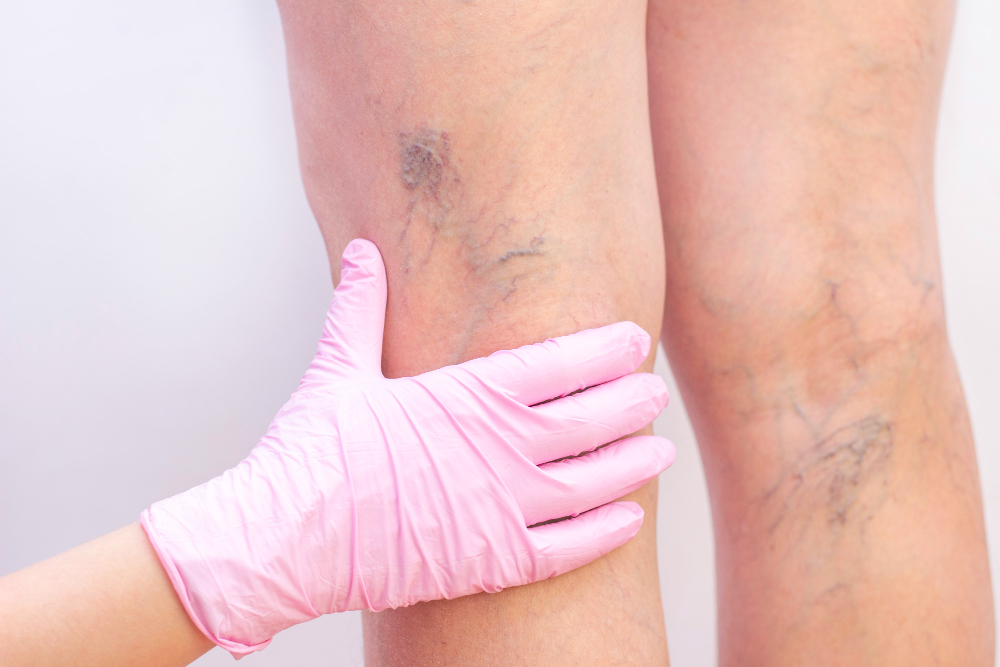
Varicose Vein Treatment in Macon, Warner Robins, and Adjacent Areas in GA
Tired of hiding your legs? It’s time to embrace the freedom to show them off again.
At Women’s Health Institute, we understand how varicose veins can impact both your confidence and your comfort. Led by Dr. Nnaemeka Umerah, our dedicated team offers advanced treatments to help both men and women regain smooth, healthy legs.
Let us help you step forward with pride and stride confidently into a future where your legs can shine.
Book OnlineUnderstanding Varicose Veins
Varicose veins are more than just a cosmetic issue; they can signal underlying health concerns. These swollen, twisted veins often appear on the legs and can cause pain, discomfort, and even more severe health problems if not addressed.
Whether your symptoms are mild or severe, at Women’s Health Institute, we’re here to provide personalized solutions to help you move forward.
Our Comprehensive Approach
At Women’s Health Institute, we believe in a holistic, forward-thinking approach to treating varicose veins. Combining advanced medical technology with a personal touch, we ensure the best possible outcomes for our patients. Our treatments include:
Sclerotherapy
This minimally invasive procedure involves injecting a solution directly into the vein, causing it to fade over time. It’s effective for smaller varicose veins and spider veins.
Radiofrequency Ablation (RFA)
Similar to EVLT, RFA uses radiofrequency energy to seal off problematic veins. It’s an excellent choice for those seeking a minimally invasive solution with minimal downtime.
Endovenous Laser Therapy (EVLT)
Using laser energy, this procedure targets and closes off larger varicose veins, redirecting blood flow to healthier ones. It’s a quick, effective, and virtually painless option.
Microphlebectomy
For larger, more visible veins, this procedure involves making tiny incisions to remove the affected veins. It’s performed under local anesthesia and provides immediate results with minimal scarring, giving you the confidence to take bold steps.
Take the First Step Towards Healthier Legs
Don’t let varicose veins hold you back any longer. At WHI, we’re committed to helping you achieve smooth, pain-free legs that you can feel proud of.
Schedule a consultation with us today and take the first step towards reclaiming your confidence and comfort.
